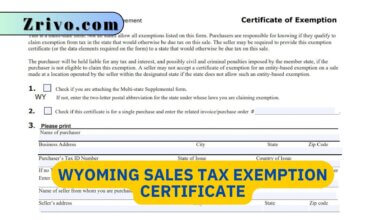Missouri Sales Tax 2023 - 2024
Missouri sales tax is levied on the sale of tangible personal property and some services. The state sales tax rate is 4.225%, and many cities, counties, and special districts also impose additional rates.

If you conduct business in Missouri, it’s important to understand the state’s sales tax regulations. There are several types of sales taxes, including the state’s 4.225% sales tax and local taxes that vary by district, county and city. If you have nexus in the state, you must register with the Department of Revenue and charge sales tax on your taxable sales. Once registered, you’ll be assigned a filing frequency—typically monthly, quarterly or annually—based on your volume of sales. If you have affiliate nexus in the state, you may be required to file more frequently than businesses without affiliates.
To avoid penalties, you should always file your returns on time. If your return due date falls on a weekend or holiday, it will be considered filed on time if it is postmarked or submitted online by the next business day. In addition, you should keep detailed records of all taxable sales and sales tax collected. This will help you prepare the correct returns and remittances. Keeping these records will also reduce your risk of audits by the Department of Revenue.
Missouri Sales Tax Exemption
Certain goods and services are exempt from sales tax under Missouri law. These include government agencies and some nonprofit organizations. Some goods are also exempt from state and local sales taxes under specific conditions, such as textbooks that are purchased by students enrolled in a Missouri postsecondary education institution.

Missouri Sales Tax Due Dates
Once registered, businesses are assigned a filing frequency that determines how frequently they must file and pay state and local sales taxes. For example, if a business is assigned to file monthly, it must submit an online return by the last day of the month following the taxable period. If a sales tax filing due date falls on a weekend or holiday, the return is considered filed on time if it’s postmarked or submitted online by the next business day.
To avoid late filing penalties, businesses must adhere to their assigned filing frequency and ensure that they have accurate records of all sales and sales tax collected. The most effective way to do this is by using a dedicated sales tax tool that tracks and updates data in real-time. Also, make sure that all filing deadlines are met, as failing to do so will result in interest on any outstanding tax.





